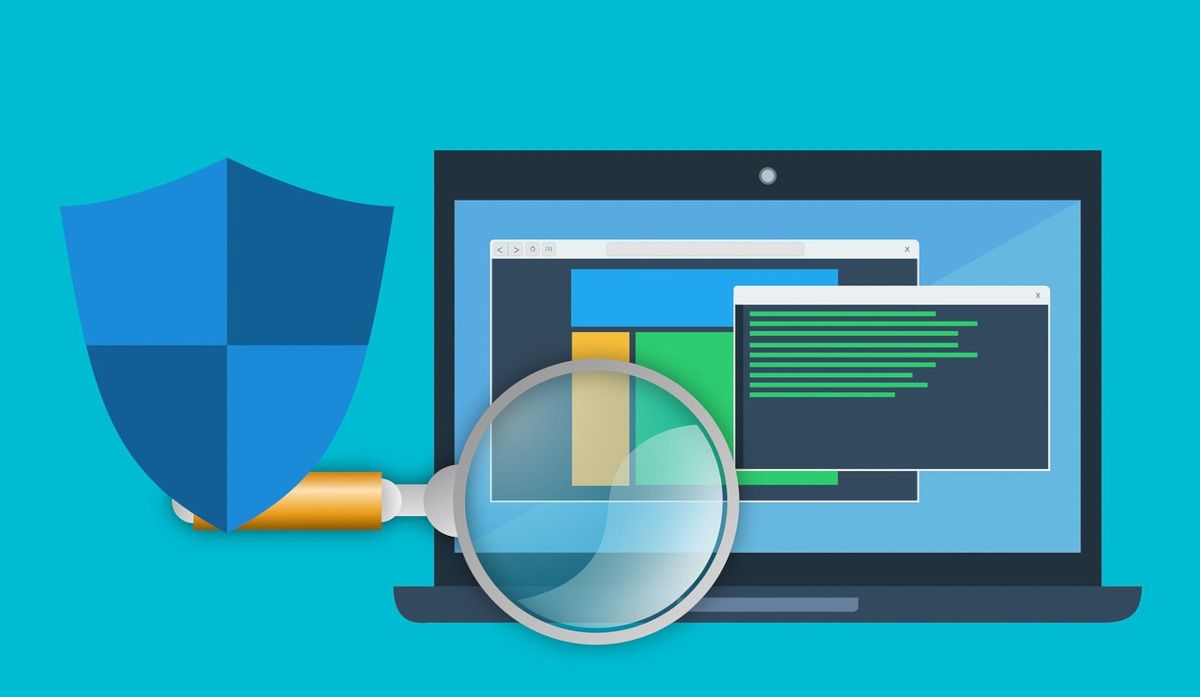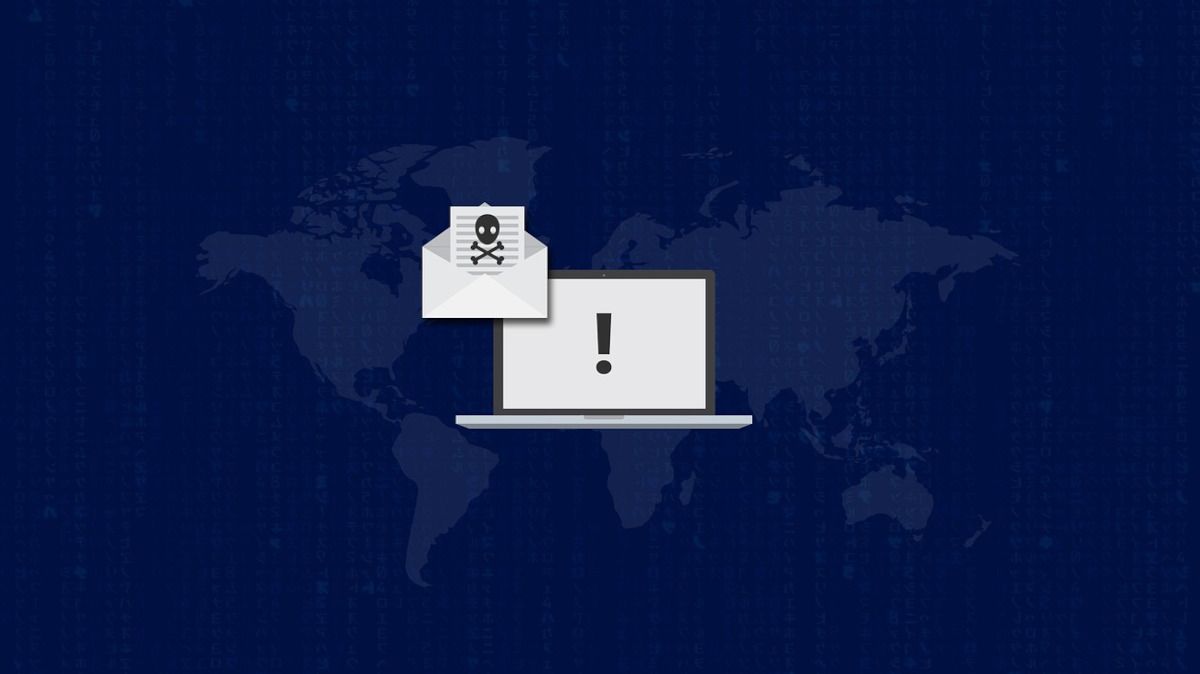Ransomware attacks are always getting worse. Most of us rely on antivirus programs to keep our devices safe from viruses and defend against ransomware.
In fact, every antivirus solution offers ransomware protection to keep our personal data safe. But is it completely safe? Can your antivirus software protect your data against ransomware threats?
Can Malware Bypass Ransomware Protection Provided by Antivirus?
Usually, the ransomware defense feature offered in antivirus solutions is quite effective.
You get to choose the folders/files that you want to protect, and the antivirus software makes sure that no unauthorized access or modifications will be done to the folders. You can also configure Windows Defender to secure your computer against ransomware using the protected folder method.

Your protected folders can be only accessed by trusted applications.
In addition to this, antivirus programs apply intelligent detection techniques to spot a malicious program or any malicious activity in your computer to combat ransomware.
Of course, there are other protections in place to secure your online experience and to ensure that you are not downloading anything suspicious.
Overall, every antivirus program offers solid protection against ransomware.
However, a 2021 study by researchers from the University of Luxembourg and University of London highlights that malware can effectively bypass the ransomware protection and trick the antivirus program to evade detection.
It's difficult to know which antivirus software products are vulnerable to this issue, so it's important to have some insights on how it can happen.
How Can Malware Trick Antivirus?

As per the study, malware can trick the antivirus and bypass ransomware protection in two clever ways:
- By controlling a trusted application.
- By disabling the antivirus protection.
The first method is simple. While your protected folders are secure from unauthorized use, some trusted applications still have access to those files.
Of course, a trusted application like Notepad is not a malware. And, if malware takes control of the Notepad application, it can perform operations like copy, cut, and paste to modify your protected files.
This is just a single example of how malware can trick protection features like controlled folder access. In other words, any trusted application that has been whitelisted by the antivirus can be controlled by malware to perform unauthorized actions disguised.
The second method involves the malware simulating mouse clicks to disable your antivirus protection (or the real-time protection).
The attacker just needs to launch the antivirus program and perform mouse clicks using precise coordinates on the screen to disable the protection feature.
Now that you know the ways with which malware can trick your antivirus, should you stop using antivirus? Is it still worth using a security suite?
Will Antivirus Protect You from Ransomware?

Yes, but there is a catch. Antivirus will protect you from ransomware in most cases.
However, you need to keep in mind that attackers constantly improve their methods to fool the antivirus program to infect your computer with ransomware.
While some antivirus programs can successfully defend against the methods mentioned above, there are some antivirus programs which cannot, so it's worth finding out how else you can mitigate ransomware.
Nonetheless, the advantages of a security suite certainly make it worth investing in.
Don't Rely on Antivirus Programs for Complete Ransomware Protection
Every antivirus product company may have already addressed the issue. But soon, the attackers will find new techniques to bypass antivirus protection.
You should not completely rely on your antivirus software as your single solution against ransomware. You need to take added measures to protect your data, like having a physical back-up of your files.
Antivirus programs offer a variety of protection services which makes things easier—but you should always have a back-up plan for the safety of your data in case the security suite gets tricked by malware.
0 Comments